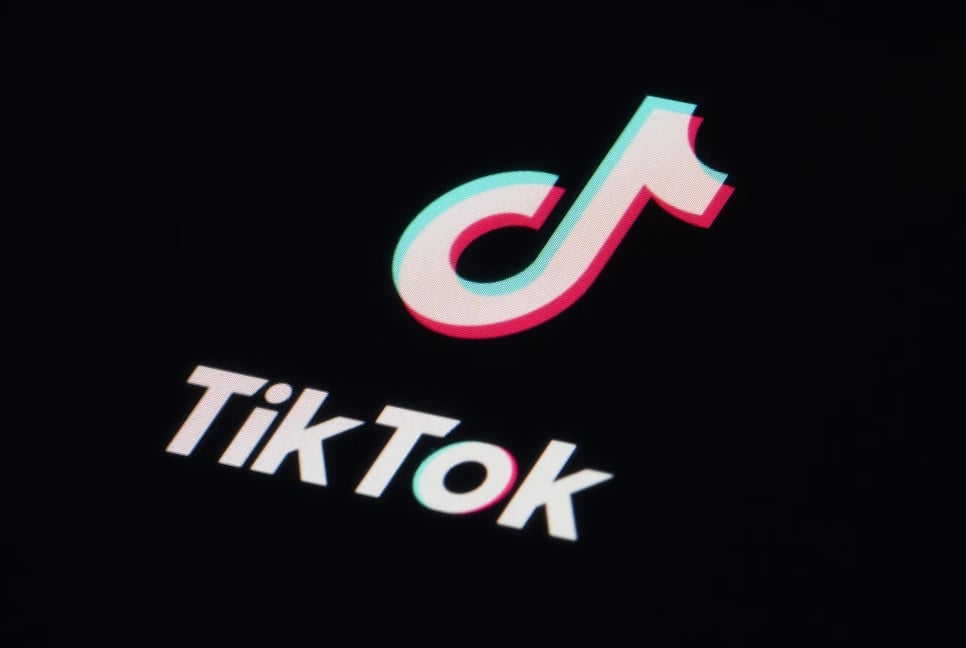Generative artificial intelligence (AI) is rapidly evolving from a curiosity to a critical asset, with more companies incorporating it into their daily operations. This shift is highlighted in a recent report by Wharton School experts and marketing consultancy GBK Collective, titled "Growing Up: Navigating Gen AI's Early Years."
The report, based on a survey of over 800 senior business leaders in large organizations, reveals a significant change in attitudes toward AI over a short period. In 2023, only 37% of respondents reported using AI on a weekly basis. By 2024, that number has nearly doubled, with 72% of business leaders now integrating AI into their workflows regularly. The growing adoption suggests that initial skepticism is waning as executives explore the benefits of this rapidly advancing technology.
Wharton marketing professor Stefano Puntoni, who co-authored the report with Jeremy Korst, partner at GBK Collective, and Mary Purk, executive director of AI at Wharton, expressed optimism about the findings. "I was quite pleased to see the results. The picture we are getting is that people are learning about generative AI—and what they are learning, they like," Puntoni said.
Generative AI is now being widely deployed across various business functions, even in areas like marketing and human resources, which were initially slower to embrace the technology. According to the survey, the most frequent uses of AI include document and proposal writing and editing, which 64% of respondents reported utilizing, followed by data analysis and analytics at 62%. Other popular applications include customer service and support (58%), fraud detection and prevention (55%), and financial forecasting and planning (53%).
The survey also highlights an interesting shift in how businesses perceive AI. While some remain cautious, many are moving away from extreme views that either herald AI as a tool of destruction or an infallible solution. Instead, as people become more familiar with the technology, they are more comfortable experimenting with it while acknowledging its limitations. These limitations include concerns about AI's tendency to generate false or inaccurate information, a phenomenon known as "hallucinations."
Accuracy, bias, data privacy, team integration, and ethics were cited by survey participants as their top concerns regarding AI. Despite these reservations, Puntoni emphasized that AI should be viewed as a tool. "You should think of it as a tool, and tools are not intrinsically bad," he explained. "The danger is that you come to accept anything it says, and we need to build in systems to fact-check."
As AI continues to mature, the report suggests that it will increasingly become an integral part of business strategies, offering both challenges and opportunities as companies learn to navigate its potential.
(Source: Techxplore)
BD-Pratidin English/Madud




































































